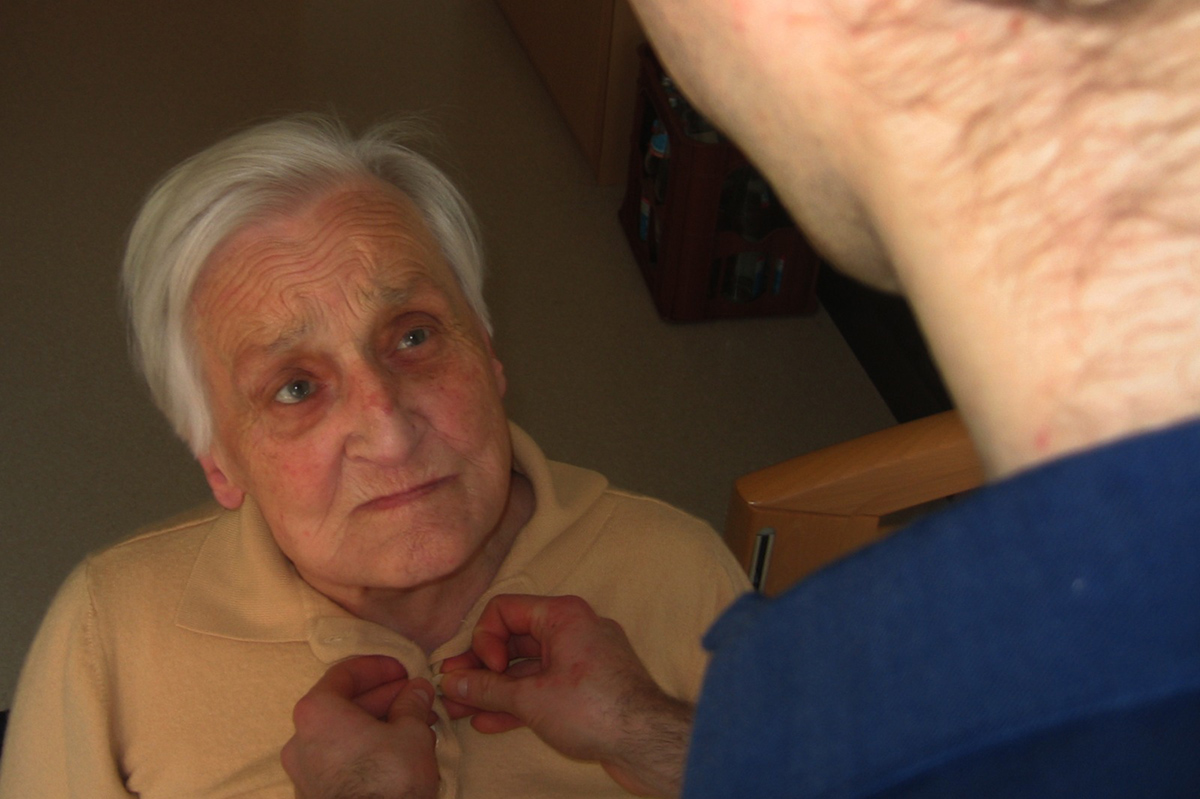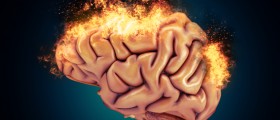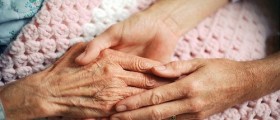
Introduction
Dementia refers to the deterioration of brain activities resulting in impaired cognitive processes. Dementia reduces thinking, memorizing, understanding and judgment abilities. There are many dementia types, among which Alzheimer's disease is dominant. Dementia usually appears in old age. Patients suffer not only from memory loss but also from other accompanying difficulties in learning or judging. It greatly affects the emotional and social behavior so it is not a surprising thing to behave in appropriately and express strange emotions. Affected people cannot memorize things and facts, even people's names or the very people themselves.
Dementia refers to the group of particular symptoms which can also differ from person to person. Dementia is not only a problem with memory but it causes additional cognitive and mental problems. People have problems with thinking and planning. They are unable to organize themselves and judge situations and people in a reasonable way.
Complications
Delusional thinking and even hallucinations often accompany dementia. People are likely to be paranoid, anxious and sometimes aggressive. Coordination of movements and motor abilities are also affected. These people are usually disoriented in time or space.
Changes in memory do not necessarily imply that it is the case of dementia. Dementia can also be the result of some other diseases so it is essential to identify the underlying causes of dementia. As soon as someone notices the memory loss in the other person together with at least one accompanying symptom he or she must turn to a doctor. Proper and early diagnosis is important in effective treatment of dementia symptoms.
Dementia makes people unable to cope with common daily situations and activities. Patients cannot look after themselves so help of the family or friends is extremely important. People with dementia forget to take medicines and take care of their hygiene. They do not take baths or cannot brush the teeth due to their inability to move properly. They are incapable of driving or cooking and cleaning. Some severe forms of dementia cause people to stop eating or drinking. In some milder cases people have difficulties with swallowing the food since there is no coordination of the muscles.
They choke and usually do not chew food enough. Behavioral and emotional changes greatly influence the quality of life. Because of their problems, they are prone to depression, agitation and isolation. Unable to communicate with others they become frustrated, apprehensive and sometimes aggressive. A great number of patients are struck with delirium, a severe confusion and mental disturbance, when they are unaware of the things around them and incapable of clear reasoning. Sleeping disorders are common so people either suffer from insomnia or restless leg syndrome. They cannot sleep at night or sleep too much in the daytime.
Dementia can be cured to some extent but it cannot be cured completely. The treatment depends entirely on the underlying cause. It is necessary to make patients able to face the dementia ease them in their every day activities as much as possible and give them support and encouragement.

















Your thoughts on this
Loading...